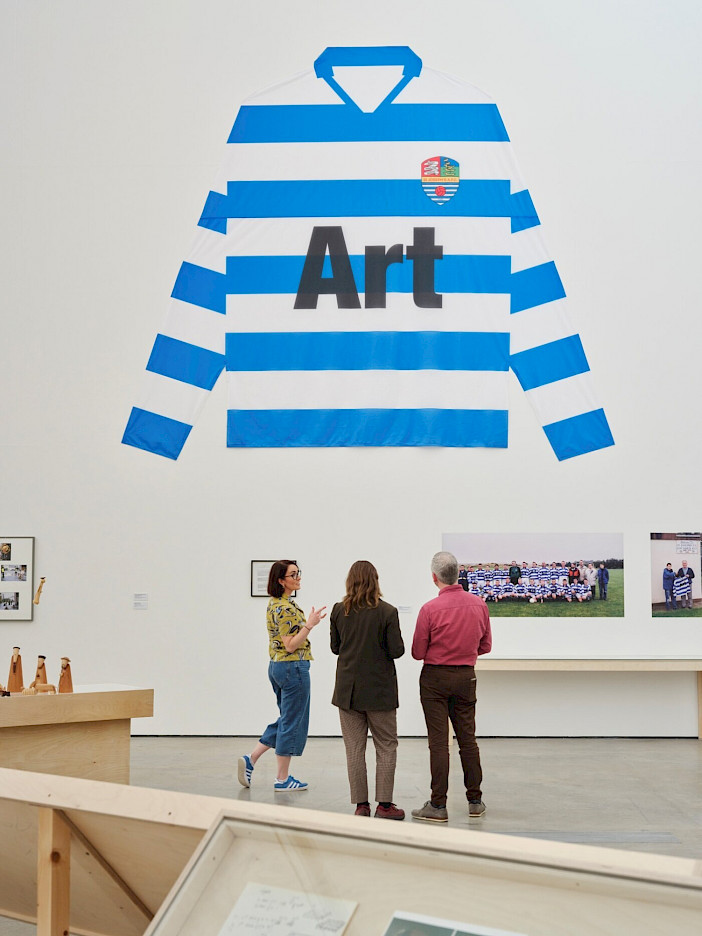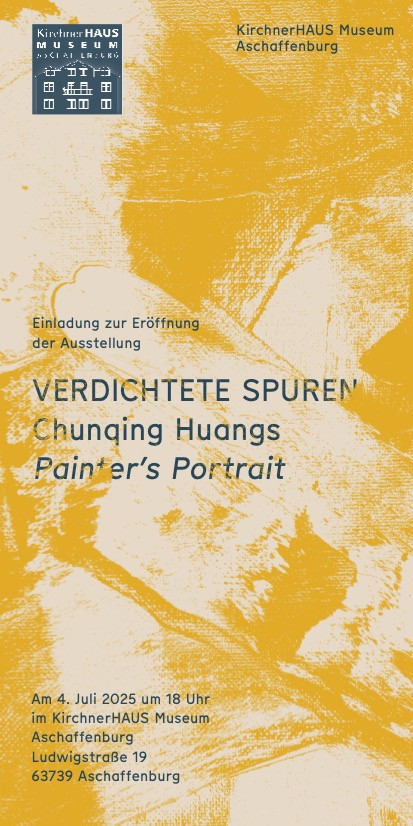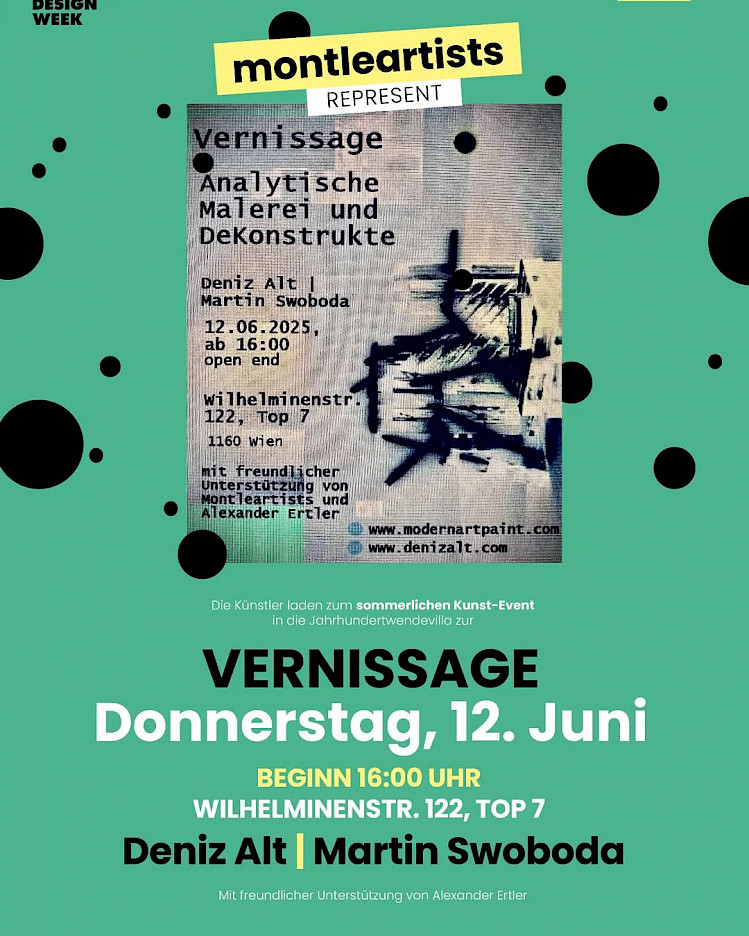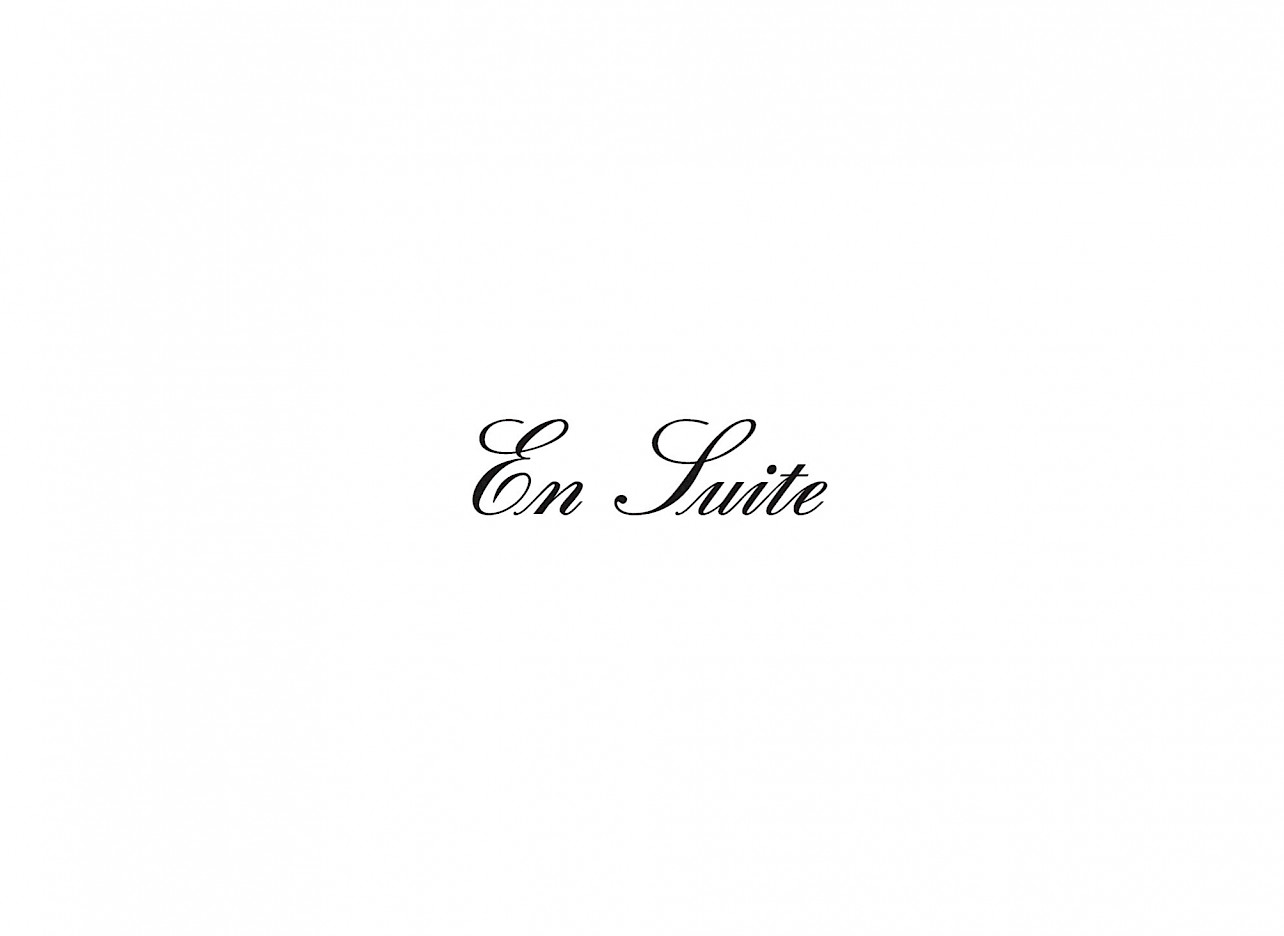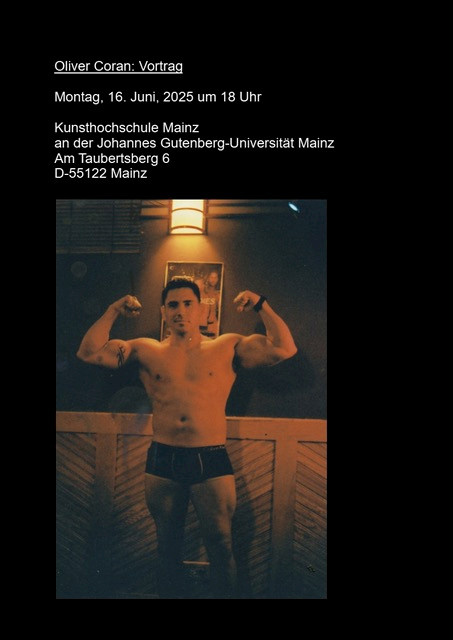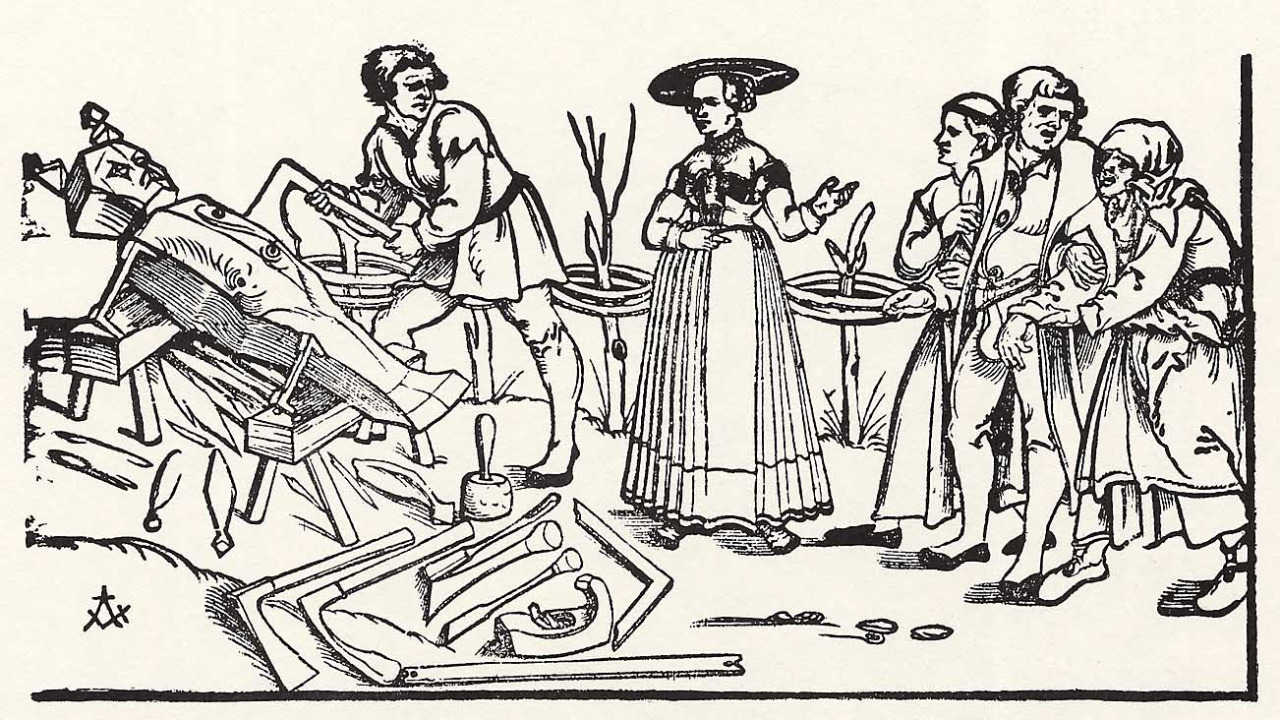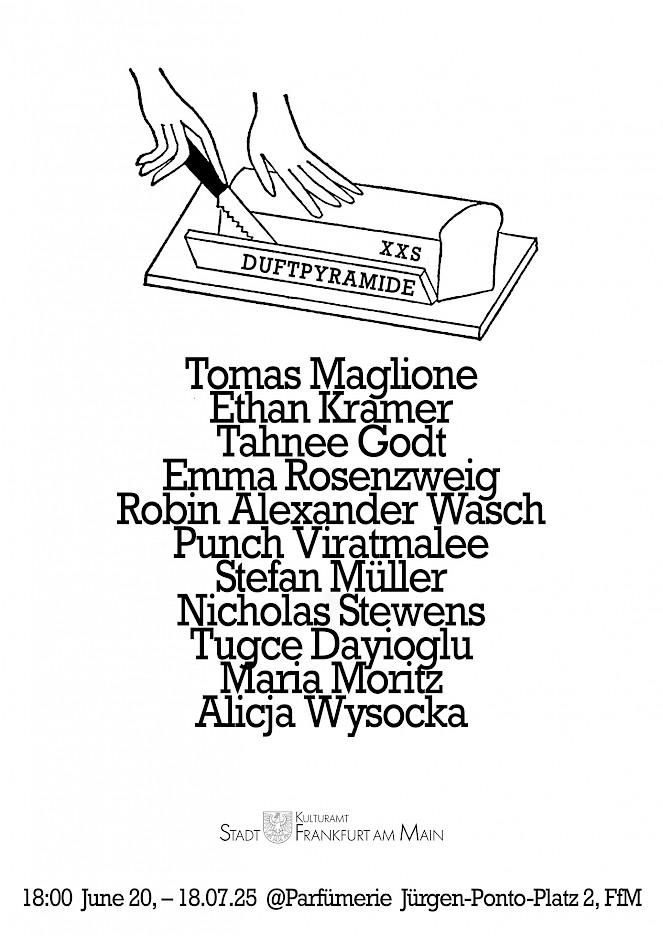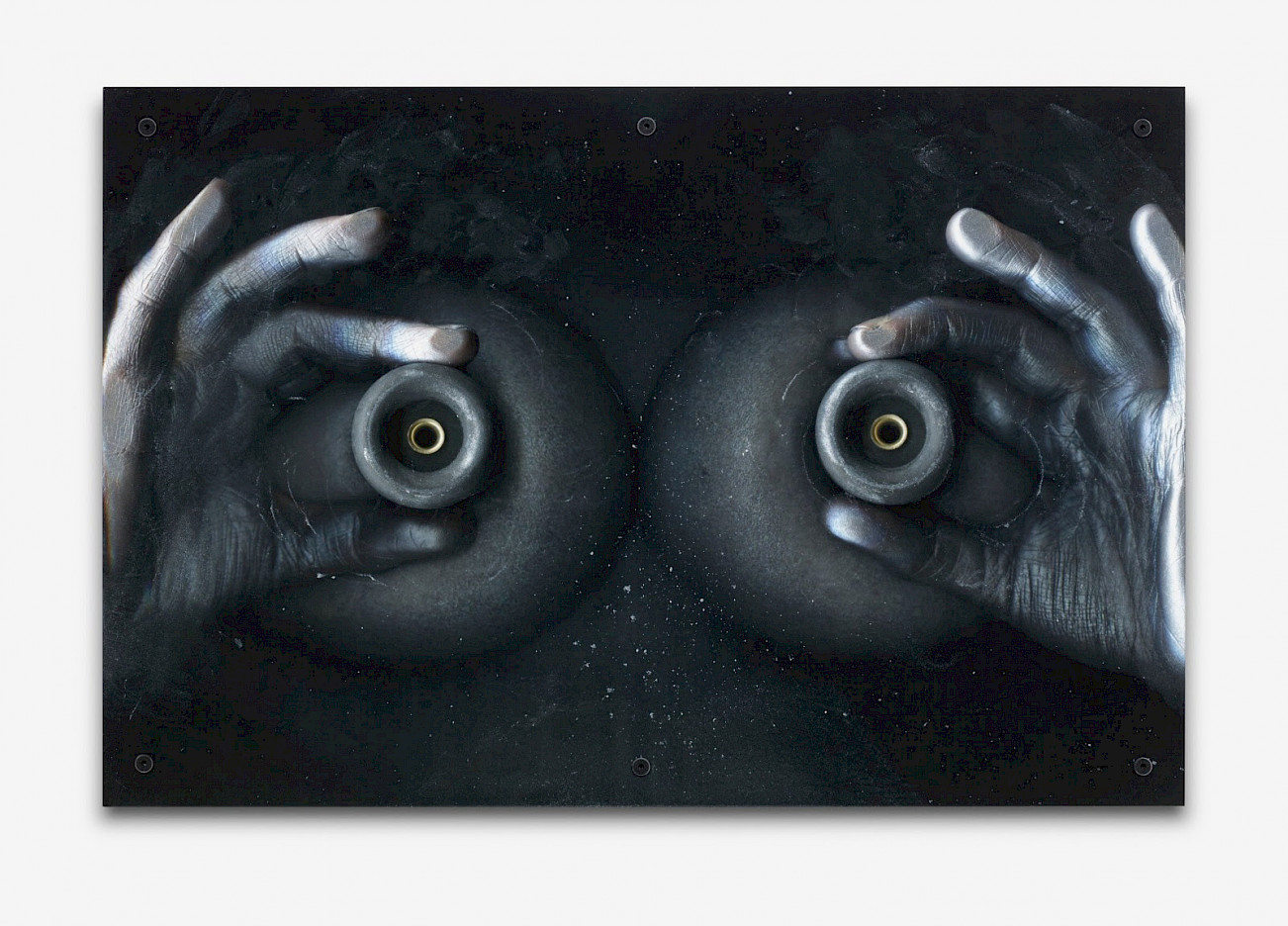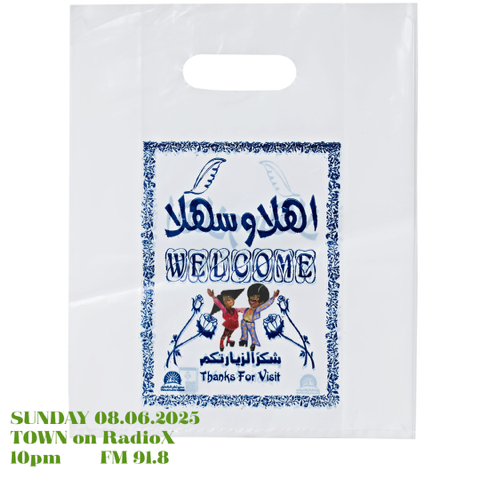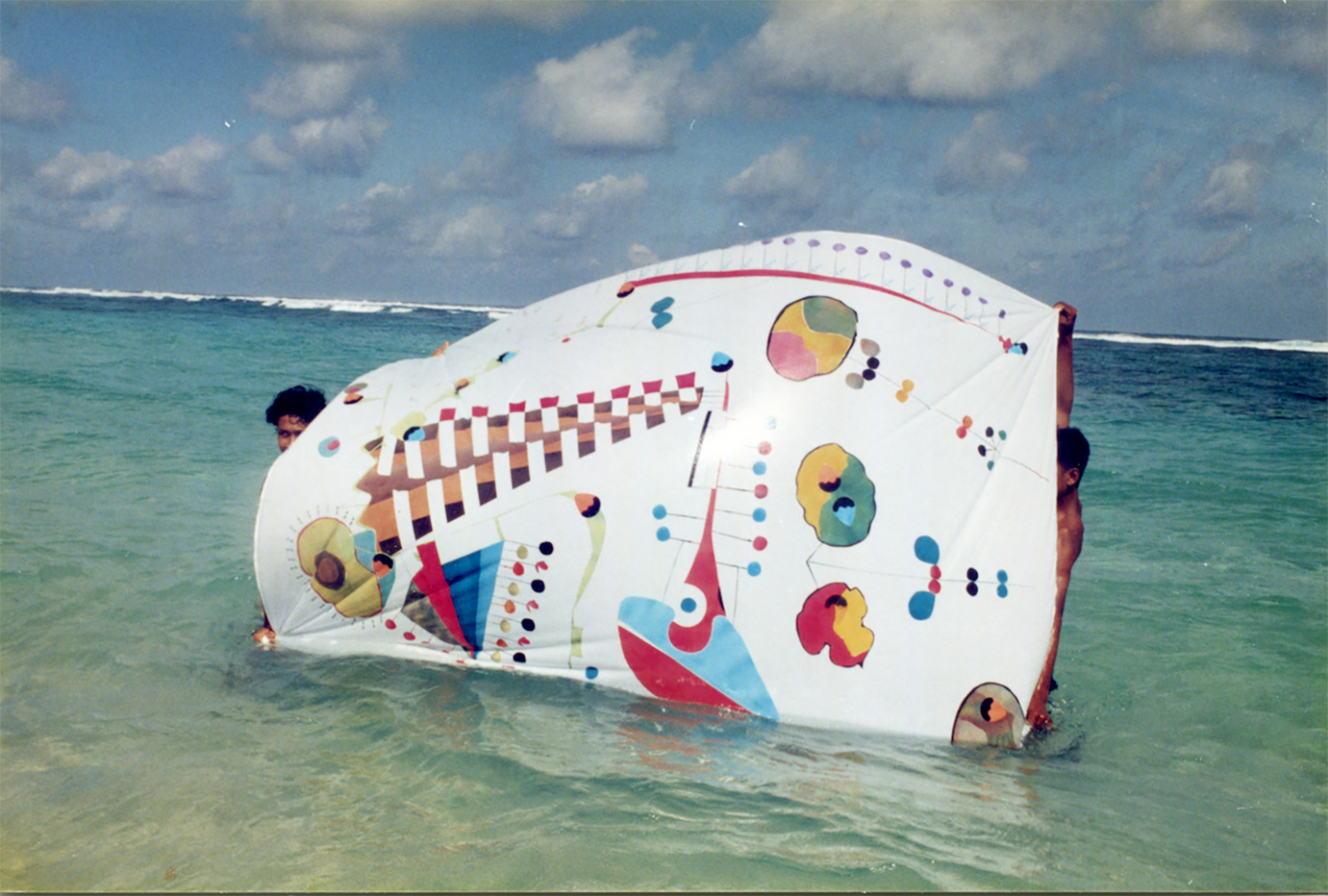March 16–August 11, 2024
DAS MINSK
Max-Planck-Straße 17
14473 Potsdam
Germany
This spring, DAS MINSK Kunsthaus in Potsdam will present the group exhibition Soft Power, which positions the art and design of textiles as a means of expression that can question power relations. The exhibition understands textiles not only as handcrafted or industrially-fabricated objects but also as a part of systems. This includes the webs of production and trade that continue to move textiles and people across the globe; the histories, cartographies, and cosmologies that unfold around them; and their use as an integral part of our daily routines and special rituals. The exhibition unfolds in three chapters.
The chapter “Invisible Hands” focuses on the production conditions of textiles and their raw materials, including the history of the Leipzig-Lindenau cotton mill and VEB Vowetex in Plauen, among other examples. The works in the chapter “Disrupting Patterns” refuse to adhere to formal tropes in a demonstration of how textile art can challenge social norms and mechanisms of power by breaking through seemingly infinite reiterations of a fixed order. The chapter “Ancestral Threads” looks at how textiles are used to commemorate those who have come before us, be it direct ancestors or those whose stories and ways of living touch upon our own realities. Just as individual threads can combine to form fabrics and larger networks, the historical and contemporary works in this chapter refer to past traditions that continue to have an effect today.
Soft Power shows works by Magdalena Abakanowicz, Caroline Achaintre, Wilder Alison, El Anatsui, Leonor Antunes, Ouassila Arras, Rufina Bazlova, Kevin Beasley, Mariana Chkonia, Edith Dekyndt, Claus Dobberke, Toni Ebel, Gee’s Bend Quiltmakers, Philipp Gufler, William Kentridge, Maria Lai, Joanna Louca, Manuel Mathieu, Rosemary Mayer, Elrid Metzkes, Małgorzata Mirga-Tas, Sandra Mujinga, Gulnur Mukazhanova, Otobong Nkanga, Willem de Rooij, Ramona Schacht, Gabriele Stötzer, Sung Tieu, Johanna Unzueta, Hamid Zénati, and others.
A further selection of archive material and textile works documents the history of the Zirkel für künstlerische Textilgestaltung Potsdam (the Potsdam Circle for Textile Design) and its position within the state-sponsored program of free-time activity during the GDR, known as “künstlerisches Volksschaffen”.
The exhibition is curated by Daniel Milnes, who has worked as a curator at DAS MINSK since June 2023.
